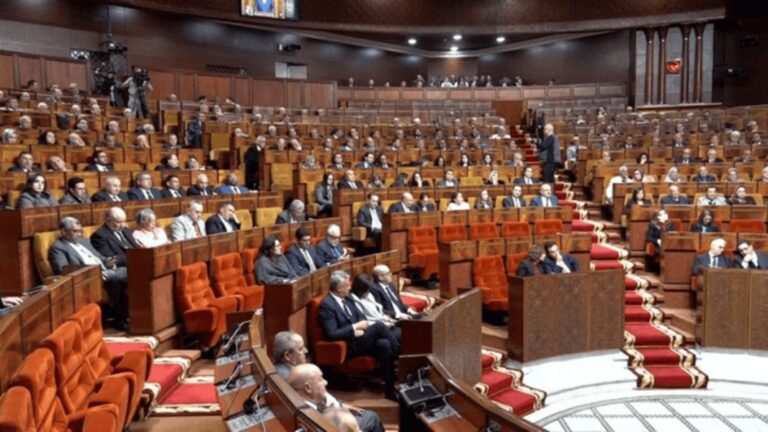
The Moroccan government has announced plans to strengthen regional development by increasing local budgets, enhancing administrative capacities, and aligning national programs more closely with regional priorities.
Officials say that program contracts between the state and the regions will become the main instrument for planning, implementing, and monitoring development initiatives across the country.
These contracts are intended to ensure that national sectoral programs respond directly to the specific needs and priorities of each region.
According to government sources, the reforms aim to improve efficiency in public service delivery and reduce regional disparities in infrastructure, education, healthcare, and economic opportunities.
By delegating more resources and responsibilities to local administrations, authorities hope to foster a more participatory approach to governance and development.
The government’s strategy also emphasizes strengthening the technical and managerial capacities of regional administrations to better manage budgets and implement development projects.
Officials argue that these reforms are crucial for enhancing accountability and ensuring that public investment produces tangible benefits for citizens in all regions.
“This approach seeks to rebalance development and ensure that regional priorities are fully integrated into national planning,” a senior government official said. “By placing program contracts at the heart of our planning process, we can closely monitor progress and adjust strategies to achieve real impact on the ground.”
The initiative comes as Morocco faces growing demands from citizens for more equitable access to public services and opportunities across its diverse regions. Observers say the success of the reforms will depend on effective coordination between central and regional authorities and the capacity of local administrations to implement complex development programs.
By focusing on regional empowerment and aligning national policies with local needs, Morocco aims to create a more balanced and inclusive model of development that addresses longstanding disparities and promotes sustainable growth.



